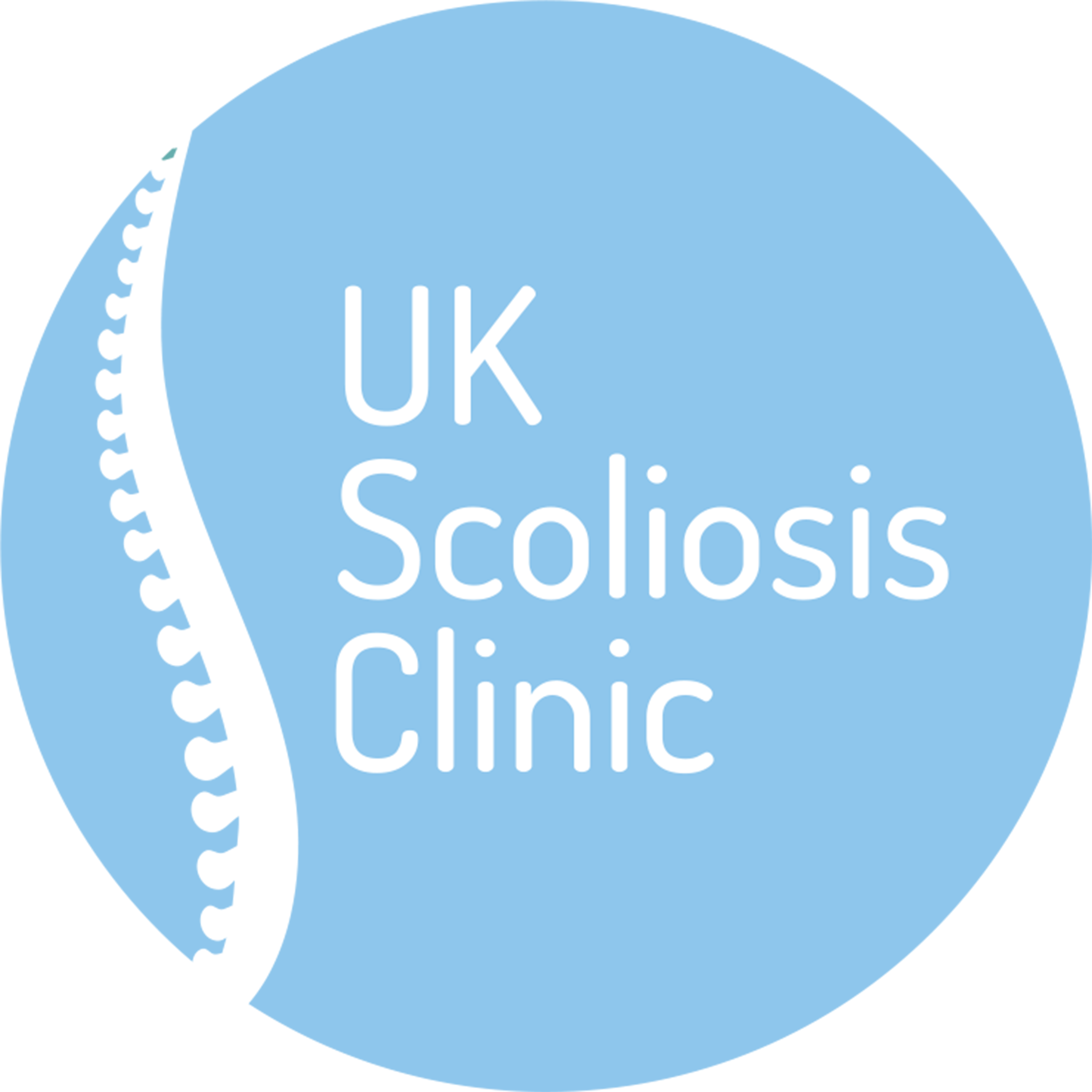Scoliosis is a condition characterised by an abnormal curvature, affects millions of people worldwide. While the physical symptoms of scoliosis are well-known, such as spinal deformity and back pain (and even this has only recently been acknowledged!), there is a lesser-known concern associated with this condition: fatigue. In this blog post, we will explore the connection between scoliosis and tiredness, examining the factors that may contribute to fatigue in individuals living with scoliosis.
What is Scoliosis?
Scoliosis can occur at any age, although it is commonly diagnosed during adolescence. The exact cause of scoliosis remains unknown in most cases, with factors like genetics, muscle imbalances, and growth abnormalities playing a role. The curvature of the spine can vary in severity and individuals may experience different symptoms depending on the degree of their condition. While back pain is a prevalent complaint, some individuals with scoliosis also report feeling tired or fatigued more frequently.
The Impact of Posture and Muscular Imbalances
One of the primary reasons scoliosis may lead to fatigue is the impact it has on posture and the creation of muscular imbalances. The curvature of the spine can cause an imbalance in the muscles surrounding the spine, leading to strained muscles and increased effort required to maintain proper posture. The body’s attempt to compensate for the spinal curvature can put additional stress on muscles, resulting in fatigue. The misalignment of the spine can also affect the position of the ribs and restrict the expansion of the chest, potentially affecting lung capacity and oxygen intake, further contributing to tiredness. With larger curves, it’s not usual for a person’s functional capacity (that is to say their ability to move about freely) to be reduced.
Pain and Discomfort
It has only recently been realised that pain is a common complaint among individuals with scoliosis. The constant strain on the back muscles and the pressure exerted on the nerves can result in discomfort that hinders daily activities and disrupts sleep. Persistent pain can lead to disturbed sleep patterns, reduced quality of rest, and subsequent daytime tiredness. Additionally, the emotional toll of living with chronic pain can also contribute to fatigue, as individuals with scoliosis may experience increased stress and anxiety, which further impact their energy levels and overall well-being. Of course, these issues are not unique to individuals with Scoliosis – back pain is one of the major causes of stress and discomfort worldwide!
Limited Physical Activity and Endurance
Scoliosis can restrict movement and physical activity, particularly in cases of severe curvature. The limitations imposed by the condition may prevent individuals from engaging in regular exercise or participating in activities that require prolonged physical effort. Lack of physical activity can result in reduced muscle strength, decreased cardiovascular fitness, and diminished endurance, leading to increased fatigue during everyday tasks. Regular exercise and physical therapy tailored to address the specific needs of individuals with scoliosis can help improve stamina and energy levels.
Psychological Impact
The psychological impact of scoliosis should not be overlooked when considering its potential to cause fatigue. Dealing with a visible deformity and the social and emotional challenges it may bring can be exhausting. Body image concerns, self-consciousness, and the stress associated with managing the condition can all contribute to a sense of tiredness. Coping with scoliosis often requires emotional resilience, and seeking support from friends, family, or mental health professionals can be beneficial in managing the psychological impact and reducing fatigue.
Scoliosis and fatigue
While scoliosis primarily affects the physical structure of the spine, its impact on an individual’s energy levels and overall well-being should not be disregarded. It would not be accurate to say that the condition itself causes tiredness, however living with the condition may well have this impact. Factors such as posture and muscular imbalances, pain and discomfort, limited physical activity, and the psychological toll can all contribute to fatigue in individuals with scoliosis. Recognising and addressing these factors through appropriate treatments, including physical therapy, pain management strategies, and emotional support, can make a huge difference to the quality of life, and energy level of an individual with Scoliosis.


